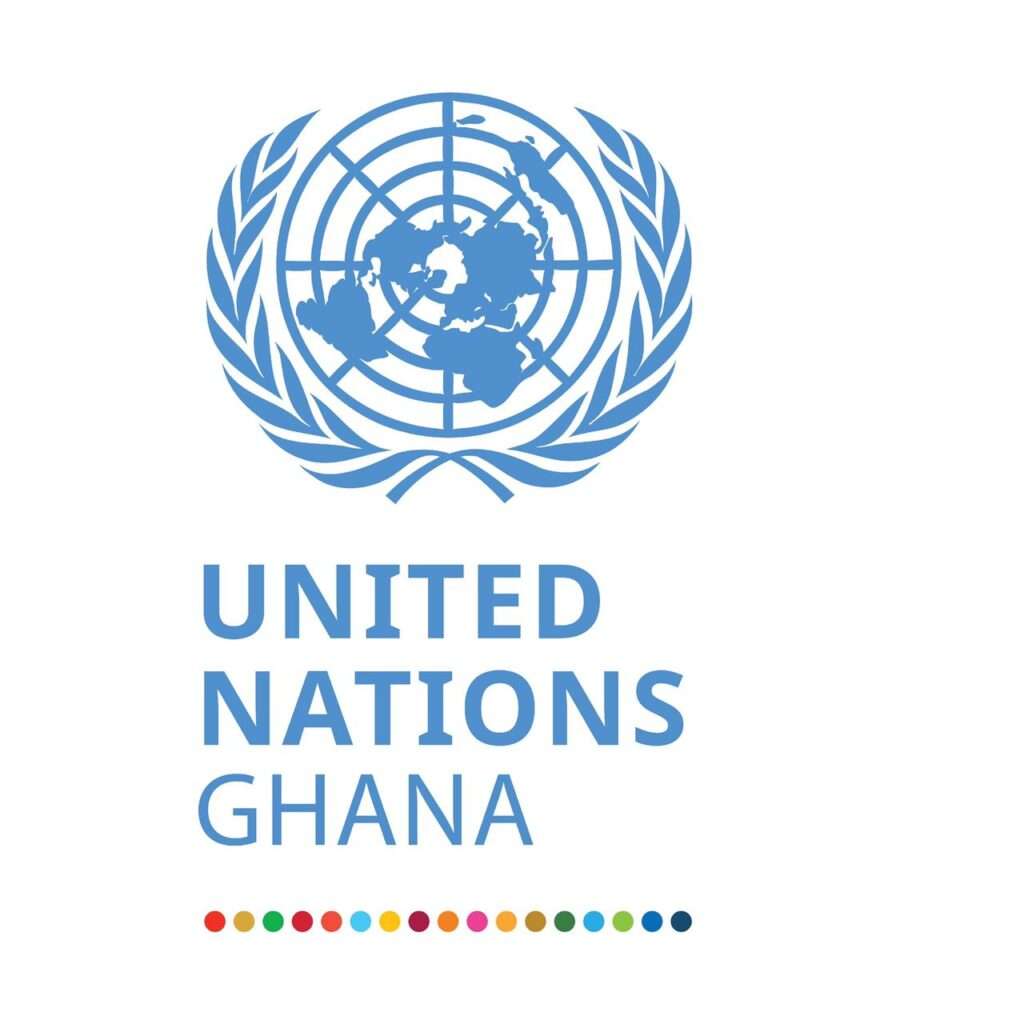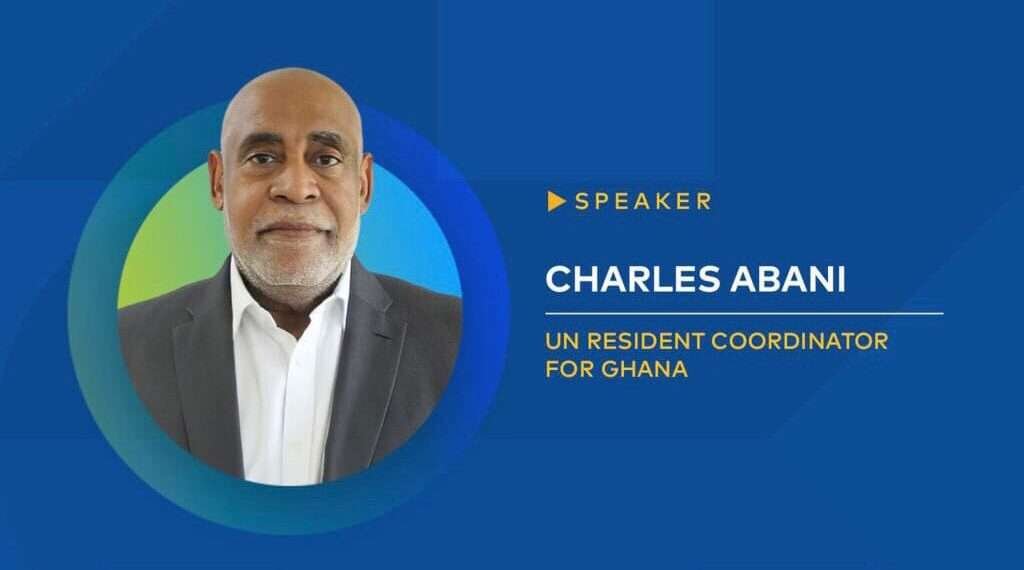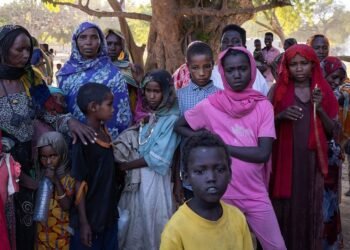The United Nations has called for collective action to tackle the growing menace of illegal mining, commonly known as ‘galamsey’, which continues to devastate Ghana’s environment, economy, and social fabric.
The plea from the UN follows a wave of public protests against ‘galamsey’, which have highlighted the escalating concerns over its unchecked impact on the country and its people.
In a statement released by Charles Abani, the United Nations Resident Coordinator for Ghana, the UN stressed the urgent need for collaboration across all sectors of Ghanaian society to confront this deeply rooted issue. The UN emphasized that the problem of illegal mining is not only a domestic crisis but also one that affects the broader West African region.
“Illegal and unregulated mining has devastating economic, social, and environmental consequences,” the UN statement read.
“It exacerbates poverty, damages livelihoods, pollutes the environment, negatively impacts health and water, disrupts peace, and fuels illicit financial flows.”
Charles Abani, United Nations Resident Coordinator for Ghana,
Illegal mining has been a longstanding issue in Ghana, with significant ramifications for the nation’s rural communities and ecosystems.
Rivers and water bodies, particularly in mining regions, have been severely polluted by toxic chemicals like mercury, which is used to extract gold. The contamination poses a serious health risk to communities that rely on these water sources for drinking, farming, and fishing.
The UN’s call came in response to growing public unrest, with ongoing protests against illegal mining across various parts of the country. Protesters have raised concerns about the lack of decisive government action to tackle the issue, which has persisted despite numerous promises of reform and enforcement.
The protests have drawn support from a wide range of groups, including environmental activists, local communities, and civil society organizations, all demanding immediate and comprehensive measures to halt the environmental destruction and social disintegration caused by ‘galamsey’.
“We call on all protesters to maintain a peaceful and responsible approach and, on the police, to maintain professionalism in protecting law and order while upholding human and civil rights.”
Charles Abani, United Nations Resident Coordinator for Ghana,
The peaceful nature of the protests, as emphasized by the UN, is crucial to ensuring that the grievances of the people are heard without further disrupting the fragile social fabric of affected communities.
Mr. Abani’s comments highlighted the delicate balance between public dissent and law enforcement, urging the police to respect the civil rights of the protesters while managing public safety.
Call for Unity and Collaboration

In its statement, the United Nations underscored the need for unity among all sectors of Ghanaian society to address the illegal mining crisis.
“We call on all leaders in Ghana—government, national institutions, political parties, traditional and religious institutions, civil society, the private sector, and all citizens—across all opinion spectrums to work together to address this challenge. Ghana must succeed.”
Charles Abani, United Nations Resident Coordinator for Ghana,
UN’s statement emphasized that addressing illegal mining will require concerted efforts from all stakeholders, including the implementation of stricter regulations, greater transparency, and robust enforcement of environmental and mining laws.
The involvement of traditional and local leaders, who have significant influence in many of the rural areas affected by ‘galamsey’, will also be critical in curbing the practice.
The UN’s statement also reiterated its support for sustainable and environmentally friendly initiatives that align with its global “#PactfortheFuture agenda.” This initiative focuses on promoting climate action, environmental protection, and the creation of a brighter future for generations to come.
The “#PactfortheFuture” initiative aims to address the root causes of environmental degradation and climate change by promoting sustainable development practices. In Ghana, this would translate into efforts to rehabilitate lands affected by illegal mining, restore polluted water bodies, and create alternative livelihoods for communities dependent on ‘galamsey’.
While public protests have brought renewed attention to the crisis, lasting solutions will require the active participation and collaboration of all sectors of Ghanaian society. As the UN and its partners continue to advocate for sustainable practices, the hope is that Ghana can overcome this challenge and secure a brighter, more prosperous future for its people.
READ ALSO: Starmer Defends Chagos Islands Deal Amid Tory Blame Game


















